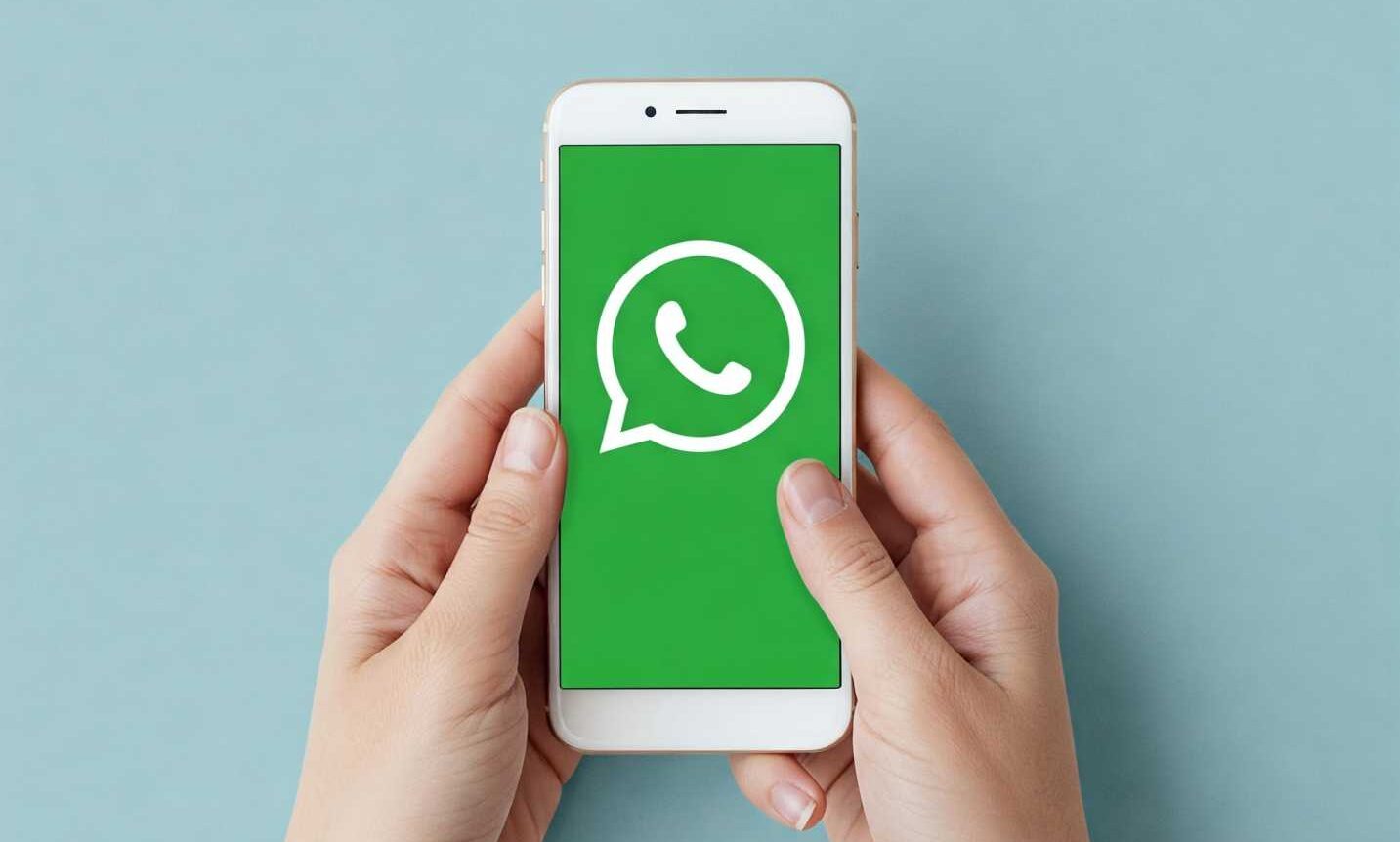WhatsApp has become an indispensable part of our daily lives, connecting billions of people worldwide. However, being blocked by someone on WhatsApp can feel like a digital dead end. If you’re wondering how to unblock yourself on WhatsApp for free, you’re not alone. While WhatsApp doesn’t allow users to unblock themselves directly, there are practical, free, and ethical ways to address the situation. This article offers a fresh perspective on the topic, providing actionable insights, expert advice, and tips to help you navigate this challenge in 2025.
Why Do People Block Others on WhatsApp? A Deeper Look
Blocking someone on WhatsApp is often a last resort, but it’s a decision many users make for various reasons. Understanding these reasons can help you approach the situation with empathy and clarity. Here are some lesser-discussed reasons why people block others:
- Overwhelming Group Chats: Being added to too many group chats without consent can lead to someone blocking you to regain control of their notifications.
- Unwanted Media Sharing: Sending unsolicited photos, videos, or voice notes can be intrusive and prompt a block.
- Professional Boundaries: In work-related chats, colleagues or clients might block you if they feel communication has crossed professional boundaries.
- Digital Detox: Some users block contacts temporarily as part of a digital detox or to focus on personal well-being.
A 2024 study by Social Media Today found that 40% of users who blocked someone did so to maintain mental health and reduce digital stress. This highlights the importance of respecting boundaries in online communication.
Can You Unblock Yourself on WhatsApp for Free? The Reality
Let’s address the elephant in the room: No, you cannot unblock yourself on WhatsApp directly. WhatsApp’s privacy settings are designed to give users full control over their block lists. Only the person who blocked you can reverse the action. However, there are free and ethical ways to address the situation and potentially regain communication.
How to Confirm You’ve Been Blocked on WhatsApp
Before taking any steps, it’s crucial to confirm whether you’ve actually been blocked. Here’s how to tell:
- Profile Picture and Status: If you can’t see the contact’s profile picture or status updates, it’s a strong indicator.
- Message Delivery: Your messages show only one checkmark (sent but not delivered).
- Call Attempts: Calls to the contact don’t go through, and you don’t hear a ringtone.
Keep in mind that these signs could also mean the person has deleted their WhatsApp account or changed their privacy settings. Double-check before jumping to conclusions.
Step-by-Step Guide to Addressing a WhatsApp Block for Free
1. Self-Reflection: Understand the Why
Take a moment to reflect on your recent interactions with the person. Did you send too many messages? Were there any misunderstandings? Understanding the root cause can help you approach the situation more effectively.
2. Reach Out Through Alternative Platforms
If WhatsApp is no longer an option, try reaching out through other channels like email, SMS, or social media. Keep your message polite and non-confrontational. For example:
- “Hi [Name], I noticed I can’t reach you on WhatsApp. I hope everything’s okay. If I’ve done something to upset you, I’d really like to talk it out.”
3. Offer a Sincere Apology
If you realize you’ve made a mistake, a heartfelt apology can go a long way. Be specific about what you’re apologizing for and show genuine remorse. For example:
- “I’m really sorry for sending so many messages earlier. I didn’t mean to overwhelm you, and I’ll be more mindful in the future.”
4. Respect Their Space
If the person doesn’t respond or chooses not to unblock you, respect their decision. Everyone has the right to control their digital interactions, and pushing too hard can make the situation worse.
Preventing Future Blocks: Tips for Healthy Communication
To avoid being blocked again, adopt these healthy communication habits:
- Limit Message Frequency: Avoid sending multiple messages in a row. Give the other person time to respond.
- Ask Before Sharing Media: Always ask for permission before sending photos, videos, or voice notes.
- Respect Privacy Settings: If someone has restricted their last seen or online status, respect their choice.
- Be Mindful of Group Chats: Only add people to group chats if they’ve agreed to it.
Expert Insights: What Psychologists Say About Being Blocked
According to Dr. Sarah Thompson, a psychologist specializing in digital communication, “Being blocked on WhatsApp can trigger feelings of rejection and anxiety. However, it’s important to remember that blocking is often about the other person’s need for space, not a reflection of your worth. The best approach is to remain calm, reflect on your actions, and communicate respectfully if you reach out through other channels.”
A 2025 report by Digital Wellness Institute revealed that 70% of users feel more in control of their mental health after blocking someone on messaging apps. This underscores the importance of respecting boundaries in online interactions.
Conclusion: Navigating WhatsApp Blocks with Empathy and Respect
Being blocked on WhatsApp can be a tough experience, but it’s also an opportunity to reflect on your communication habits and grow as a person. While you can’t unblock yourself directly, approaching the situation with empathy, respect, and patience can often lead to a positive resolution.
Remember, WhatsApp is just one of many ways to stay connected. If the person chooses not to unblock you, respect their decision and focus on maintaining healthy relationships with others.
